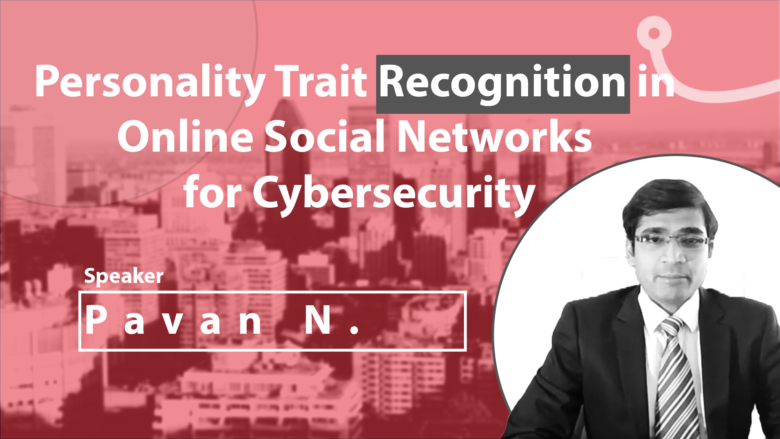Presented by Pavan Kumar as a part of the 2020 Serene-risc Workshop on The State of Canadian Cybersecurity Conference: Human-Centric Cybersecurity About the presentation Recent advances in natural language processing and deep learning methods have facilitated security researchers and government agencies to analyze large-scale text data emerging on social networking platforms such as Twitter, by …
Radical groups and radicalized individuals are often confused as being all violent and at risk of committing acts of terrorism. Radicals are defined as individuals who support or justify terrorism, and sometimes they express a desire to engage in radical acts of violence. However, very few studies have focused on what differentiates violent radicals, who …
Les groupes radicaux et les individus radicalisés sont souvent confondus comme étant tous violents et à risque de commettre des actes de terrorisme. Les radicaux sont définis comme étant des individus qui soutiennent ou justifient le terrorisme, et parfois, ils expriment le désir de s’engager dans des actes radicaux de violence. Cependant, très peu d’études …
Social networks on mobile applications are used more and more by everyone. Businesses and individuals use platforms like Twitter, Facebook, Instagram, WhatsApp, YouTube, and many others as sources of entertainment and income. However, the increase in use and public engagement on those platforms has also caused a significant increase in user privacy risks. Computers and …
Les réseaux sociaux sur application mobile sont de plus en plus utilisés par tous. Autant pour les entreprises que pour les individus, ces plateformes, comme Twitter, Facebook, Instagram, WhatsApp, YouTube et plusieurs autres sont sources de divertissements et même de revenus. Cependant, l’augmentation de l’utilisation et de l’engagement de la population sur ces plateformes ont …
Même si les sites de réseaux sociaux sont toujours aussi populaires, de plus en plus de jeunes utilisateurs abandonnent les sites de réseaux sociaux traditionnels. En 2018, moins de la moitié des 12-17 ans utilisaient Facebook mensuellement. Ces changements peuvent être attribués au fait que les jeunes utilisateurs recherchent d’autres options telles que les plateformes de …
Even though social network sites (SNS) are still popular, more and more young users are abandoning traditional social network sites. In 2018, less than half of people aged 12–17 used Facebook monthly. These changes can be attributed to the fact that young users are looking for other options such as Anonymous Social network (ASNS) platforms …
The rapid and vast adoption of social media changed the way individuals interact. For a lot of people, social media platforms are often used to maintain a sense of connection. As of now, Facebook is the largest social media platform in the world, with 2.4 billion users1. Previous research has shown that people who experience …
L’adoption rapide et étendue des médias sociaux a changé la façon dont les individus interagissent. Pour beaucoup de gens, les plateformes de médias sociaux sont souvent utilisées pour maintenir un sentiment de connexion. À ce jour, Facebook est la plus grande plateforme de médias sociaux au monde, avec 2,4 milliards d’utilisateurs1. Des études antérieures ont montré …
Due to the public grown awareness and concerns over privacy, social networking services have enhanced their privacy setting options. However, these enhancements and changes are not always easy to follow or implement, and many people do not use them to their full potential. For users of social networking platforms, too much privacy will limit self-presentation. …






